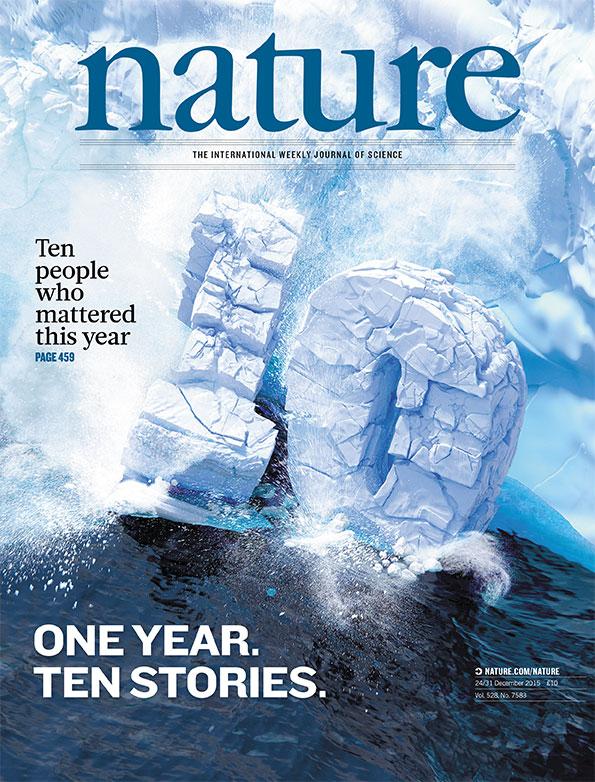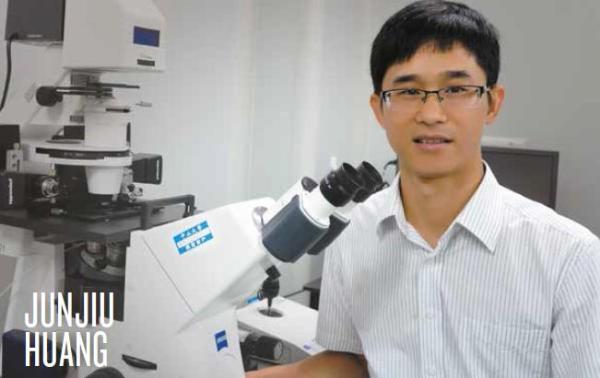Chinese scientist among Nature's ten people for 2015
(Xinhua) Updated: 2015-12-18 09:55
 |
LONDON - The world-renowned journal Nature Thursday released its annual list of ten people who mattered in science in 2015, which includes one Chinese scientist whose work in human embryo gene editing has caused repeated debate in the academic circle.
"This year's list, compiled after much discussion by Nature's journalists and editors, spans the globe, highlighting individuals who have played important roles in issues ranging from climate change to gene editing to research reproducibility," said Helen Pearson, Nature's Chief Features Editor.
The explosion of interest in CRISPR-Cas9 gene editing has been a major story of this year, and for this reason biologist Junjiu Huang at Sun Yat-Sen University in Guangzhou earned a place on the list.
 |
In April, Huang published the first report of a human embryo with edited genes, sparking a global debate on the ethics of such research.
In his study, Huang and his team used spare embryos from fertility clinics that could not progress to a live birth, and modified the gene, responsible for a kind of blood disorder, in the embryos. To accomplish the task, they adopted a powerful technique known as CRISPR-Cas9, which can be programmed to precisely alter DNA at specific sequences.
He told Nature in April that he wanted to edit the genes of embryos because it "can show genetic problems related to cancer or diabetes, and can be used to study gene function in embryonic development."